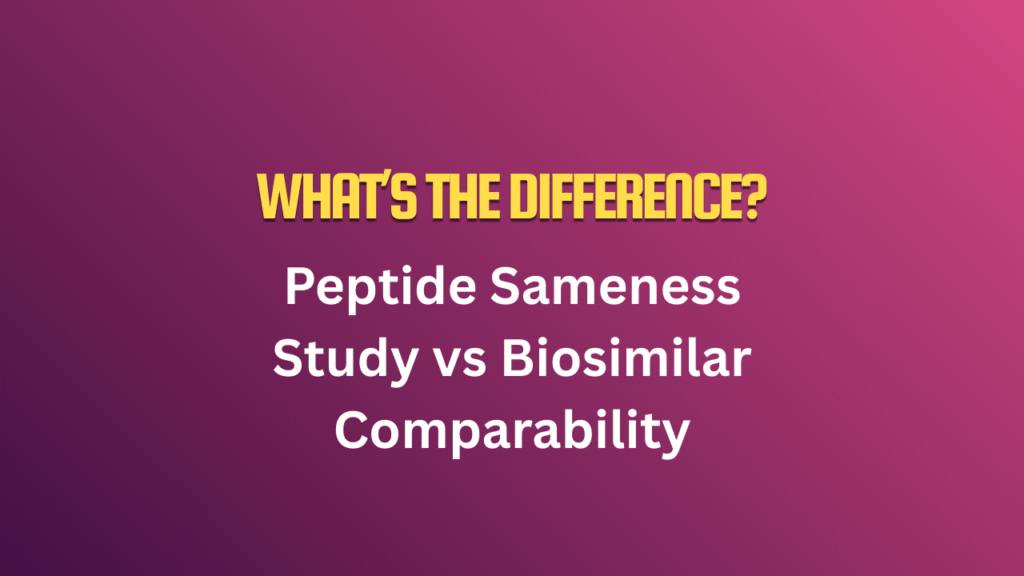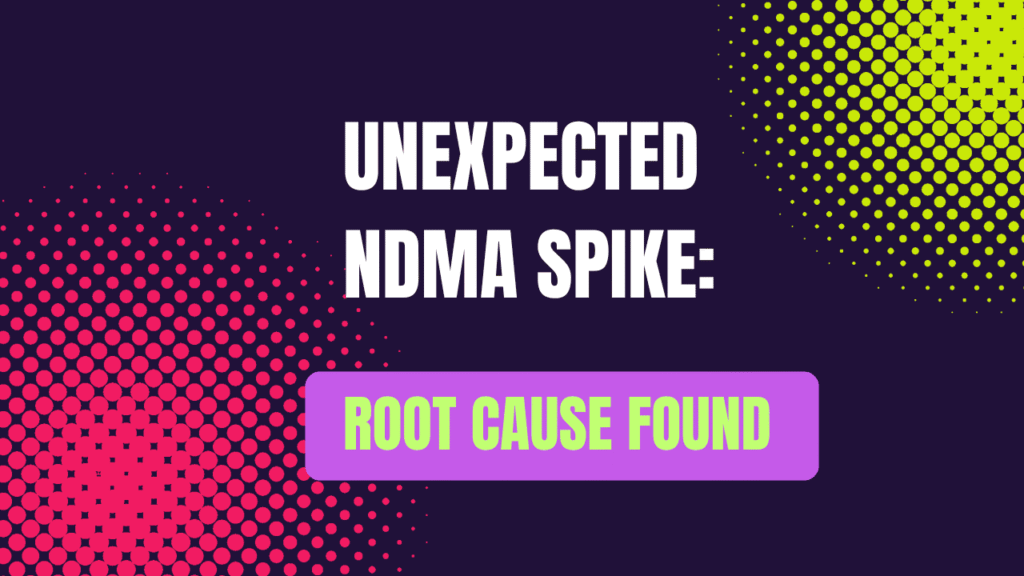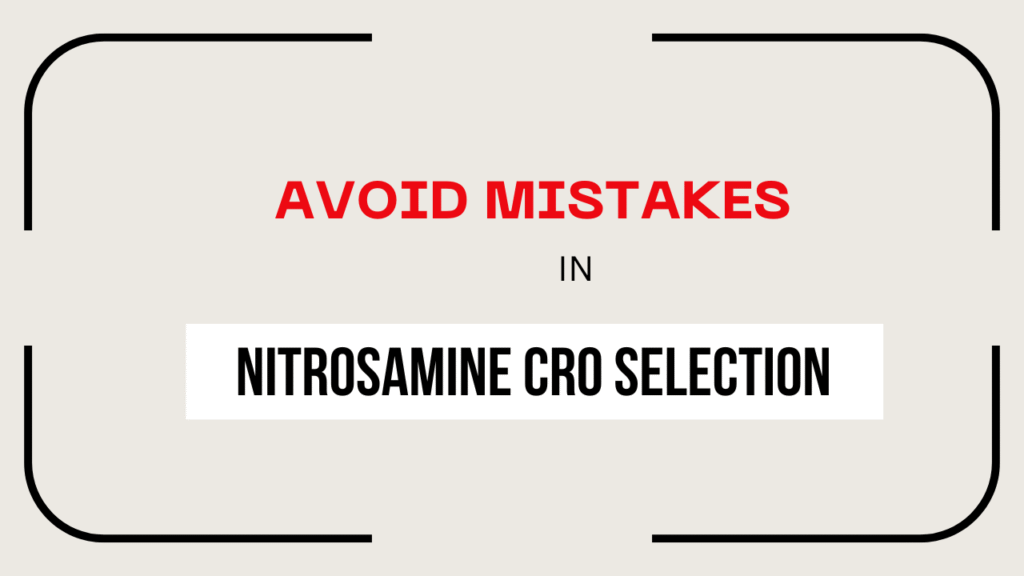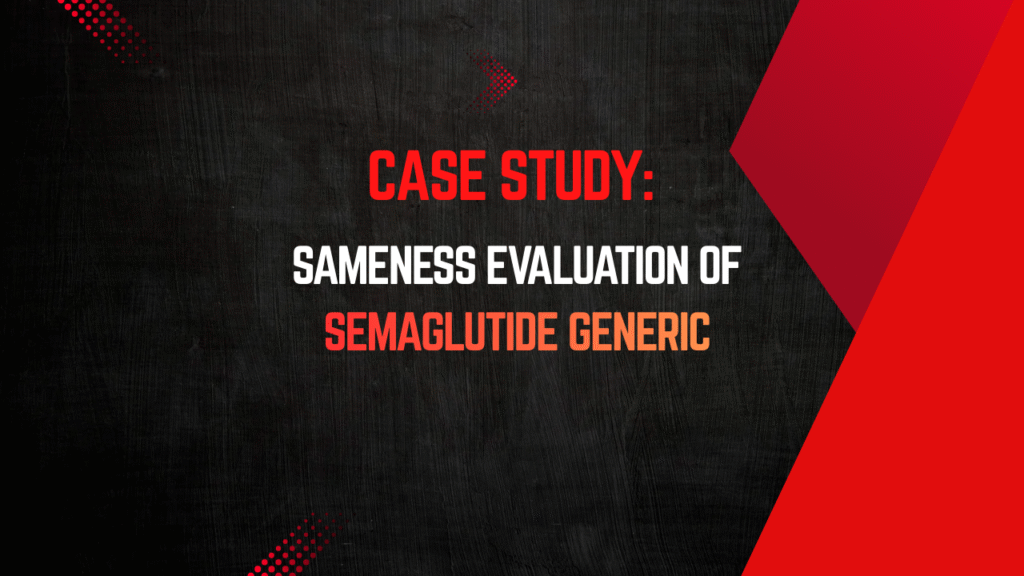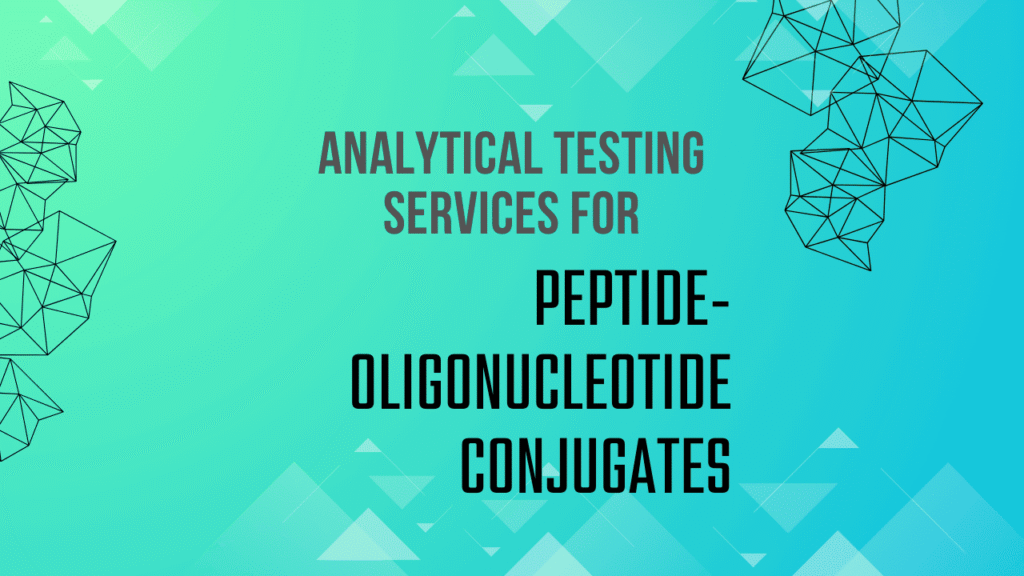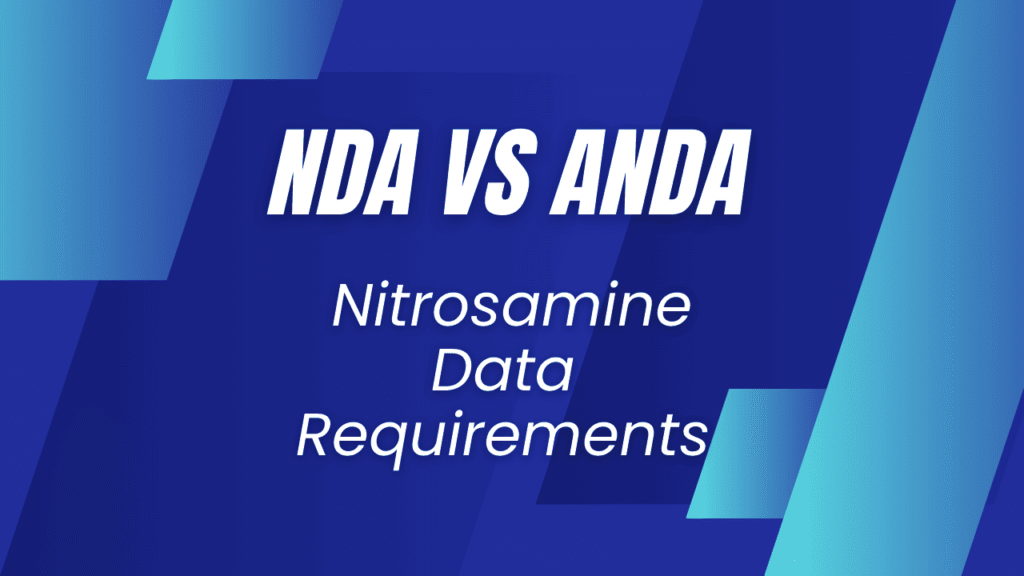
Analytical laboratory services are the backbone of scientific research, quality control, and regulatory compliance across industries. These services involve the use of advanced techniques and state-of-the-art equipment to analyze the chemical, physical, and biological properties of materials and products. In Montreal, Canada, a city renowned for its scientific innovation and technological advancements, ResolveMass Laboratories Inc. offer cutting-edge services that cater to a wide range of industries, including pharmaceuticals, food and beverage, environmental monitoring, and materials science.
This article will explore the advanced techniques used in analytical laboratory services, the industries they serve, and what makes Montreal’s labs stand out. Whether you’re a business owner, researcher, or industry professional, this guide will provide valuable insights into the world of analytical laboratory services and how they can benefit your operations.
Summary: Advanced Analytical Laboratory Services in Montreal
- ResolveMass Laboratories provides advanced analytical services for pharmaceuticals, food, environmental, and materials industries.
- Key techniques include chromatography, spectroscopy, microscopy, thermal analysis, mass spectrometry, and X-ray methods.
- Integration of automation, AI-driven analysis, high-throughput screening, and multi-omics enhances precision and efficiency.
- Rigorous quality assurance and method validation ensure accurate, reproducible, and regulatory-compliant results.
- Montreal labs offer world-class expertise, state-of-the-art facilities, and comprehensive services across multiple industries.
🎥 Watch: Advanced Analytical Laboratory Services in Montreal Explained
What Are Analytical Laboratory Services?
Analytical laboratory services involve the analysis of materials and products to determine their composition, quality, and safety. These services are essential for:
- Ensuring product safety and quality.
- Complying with regulatory standards.
- Driving research and development.
- Solving complex industrial problems.
Analytical laboratories use a combination of techniques, instruments, and expertise to deliver accurate and reliable results. For specialized impurity detection in pharmaceuticals, impurity profiling using LC-MS can provide unparalleled precision.
Why Are Analytical Laboratory Services Important?
Analytical laboratory services play a critical role in various industries for several reasons:
1. Ensuring Product Safety and Quality
Analytical testing identifies contaminants, impurities, and inconsistencies in products, ensuring they are safe for consumers. For example, in the food industry, testing detects harmful pathogens or allergens, while in pharmaceuticals, it ensures drugs are free from harmful impurities. Learn more about HPLC analysis for product safety to maintain regulatory compliance.
2. Regulatory Compliance
Industries such as pharmaceuticals, food, and cosmetics are subject to strict regulations. Analytical testing ensures compliance with standards set by organizations like Health Canada, the FDA, and the EPA.
3. Driving Innovation
Analytical testing provides valuable data that drives product development and innovation. For instance, material testing helps engineers design stronger, lighter, and more durable products. Techniques like NMR spectroscopy support molecular-level insights that accelerate innovation.
4. Cost Savings
By identifying issues early in the production process, analytical testing helps businesses avoid costly recalls, legal disputes, and reputational damage.
5. Environmental Protection
Environmental testing monitors pollutants and ensures compliance with environmental regulations, contributing to sustainable practices.
Emerging Role of Automation in Analytical Labs
Automation has revolutionized analytical laboratory operations in Montreal by increasing precision, reducing manual error, and improving throughput. Advanced robotic systems handle sample preparation, liquid handling, and repetitive measurements, enabling laboratories to process high volumes of samples efficiently. This is particularly valuable in pharmaceutical and food industries where accuracy and speed are crucial.
Additionally, automation integrates seamlessly with Laboratory Information Management Systems (LIMS), ensuring real-time monitoring, complete traceability, and consistent documentation. By adopting automated workflows, Montreal laboratories deliver faster results while maintaining regulatory compliance, helping businesses optimize decision-making and reduce operational costs. For cutting-edge thermal testing, check out DSC analytical services and TGA services.
Advanced Techniques in Analytical Laboratory Services
Montreal’s analytical laboratories are equipped with state-of-the-art instruments and employ advanced techniques to deliver precise and reliable results. Below are some of the most commonly used techniques:
1. Chromatography
Chromatography is a technique used to separate, identify, and quantify components in a mixture. Common types include:
- High-Performance Liquid Chromatography (HPLC): Used for analyzing complex mixtures in pharmaceuticals, food, and environmental samples.
- Gas Chromatography-Mass Spectrometry (GC-MS): Combines separation and detection capabilities for volatile compounds.
- Liquid Chromatography-Mass Spectrometry (LC-MS): Ideal for analyzing non-volatile and thermally labile compounds.
Chromatography is widely used in pharmaceutical testing, food safety, and environmental monitoring.
Integration of Artificial Intelligence in Data Analysis
Artificial intelligence (AI) is increasingly being used in Montreal laboratories to enhance analytical data interpretation. AI algorithms can detect subtle trends, predict experimental outcomes, and flag anomalies that may be overlooked by human analysts. This allows researchers to gain faster insights into complex datasets and make informed decisions during R&D or quality control processes.
Moreover, AI applications extend to environmental testing and high-throughput pharmaceutical screening, where large-scale data must be processed quickly. Integrating AI with traditional analytical techniques provides laboratories with predictive capabilities, helping clients optimize product formulations and comply with stringent regulatory standards efficiently.
2. Spectroscopy
Spectroscopy involves the interaction of light with matter to analyze its properties. Key techniques include:
- Fourier-Transform Infrared Spectroscopy (FTIR): Identifies chemical bonds and functional groups in materials.
- Nuclear Magnetic Resonance (NMR) Spectroscopy: Provides detailed information about molecular structure.
- Raman Spectroscopy: Analyzes vibrational modes of molecules, often used in material science and pharmaceuticals.
Spectroscopy is essential for chemical identification, structural analysis, and quality control.
Expanding Capabilities with Multi-Omics Analysis
Montreal laboratories are expanding their services with multi-omics approaches that combine genomics, proteomics, metabolomics, and lipidomics. These methods provide a comprehensive understanding of biological systems and are particularly valuable in pharmaceutical research for biomarker discovery, disease mechanism studies, and drug optimization.
Multi-omics analysis also aids environmental and food industries by offering detailed insights into microbial communities, nutritional content, and metabolic changes in complex samples. This integrated approach allows labs to deliver actionable insights that go beyond traditional analysis, supporting innovation and precision in research.
3. Microscopy
Microscopy techniques allow for the visualization of materials at the microscopic and nanoscopic levels. Common methods include:
- Scanning Electron Microscopy (SEM): Provides high-resolution images of surface morphology.
- Transmission Electron Microscopy (TEM): Offers detailed internal structure analysis.
- Atomic Force Microscopy (AFM): Measures surface topography at the atomic level.
Microscopy is widely used in material science, nanotechnology, and life sciences.
High-Throughput Screening for Rapid Analysis
High-throughput screening (HTS) enables laboratories to analyze large numbers of samples simultaneously, significantly accelerating research timelines. In Montreal, HTS is commonly used in pharmaceutical development to evaluate compound libraries, screen for impurities, and optimize formulations.
Beyond pharmaceuticals, HTS supports environmental monitoring and food testing by quickly detecting contaminants across many samples. When combined with automated systems, HTS allows labs to maintain high accuracy while delivering rapid results, providing clients with timely data for critical decision-making.
4. Thermal Analysis
Thermal analysis techniques measure the physical and chemical properties of materials as a function of temperature. Key methods include:
- Differential Scanning Calorimetry (DSC): Measures heat flow associated with phase transitions.
- Thermogravimetric Analysis (TGA): Analyzes weight changes due to thermal decomposition.
- Dynamic Mechanical Analysis (DMA): Evaluates mechanical properties under varying temperatures.
Thermal analysis is critical for characterizing polymers, pharmaceuticals, and composites.
5. Mass Spectrometry
Mass spectrometry (MS) is a powerful technique for identifying and quantifying compounds based on their mass-to-charge ratio. Applications include:
- Proteomics: Analyzing proteins and peptides.
- Metabolomics: Studying metabolic pathways and biomarkers.
- Environmental Analysis: Detecting trace pollutants in air, water, and soil.
MS is widely used in life sciences, environmental monitoring, and forensic analysis.
6. X-Ray Techniques
X-ray techniques are used for structural and elemental analysis. Common methods include:
- X-Ray Diffraction (XRD): Determines crystal structures of materials.
- X-Ray Fluorescence (XRF): Analyzes elemental composition.
- X-Ray Photoelectron Spectroscopy (XPS): Studies surface chemistry and composition.
X-ray techniques are essential for material science, geology, and pharmaceuticals.
Quality Assurance and Method Validation
Montreal laboratories prioritize stringent quality assurance (QA) and method validation to ensure reliability and reproducibility. Each analytical method is validated for specificity, accuracy, precision, linearity, and robustness, meeting international standards such as ISO 17025 and regulatory requirements from Health Canada and the FDA.
QA measures also include routine instrument calibration, proficiency testing, and ongoing staff training. These protocols ensure that every result is accurate and reproducible, giving clients confidence in their data for regulatory submissions, product development, and safety assessments.
Industries Served by Montreal’s Analytical Laboratories
Montreal’s analytical laboratories cater to a wide range of industries, including:
1. Pharmaceuticals
- Drug development and formulation.
- Stability and impurity testing.
- Regulatory compliance.
2. Food and Beverage
- Nutritional analysis.
- Contaminant detection.
- Shelf-life testing.
3. Environmental Monitoring
- Air, water, and soil analysis.
- Waste characterization.
- Pollution monitoring.
4. Cosmetics
- Ingredient safety testing.
- Stability and efficacy testing.
- Regulatory compliance.
5. Materials Science
- Polymer and composite analysis.
- Mechanical and thermal testing.
- Surface and structural analysis.
6. Forensics
- DNA analysis.
- Toxicology testing.
- Trace evidence examination.
Why Choose Montreal’s Analytical Laboratories?
Montreal is a hub of scientific excellence, offering several advantages for businesses seeking analytical laboratory services:
- World-Class Expertise: Montreal’s labs are staffed by highly skilled scientists and technicians.
- State-of-the-Art Facilities: Equipped with the latest instruments and technologies.
- Regulatory Compliance: Accredited by organizations like ISO, Health Canada, and the FDA.
- Comprehensive Services: Offering a wide range of testing and analysis options.
- Innovation and Collaboration: Strong ties to universities and research institutions.
REFERENCES
- Trépanier M. THE COMING OF AGE OF A CITY OF KNOWLEDGE.
- Koel M, Kaljurand M. Green analytical chemistry 2nd Edition. Royal society of Chemistry; 2019 Mar 13.
- Balamuralithara B, Woods PC. Virtual laboratories in engineering education: The simulation lab and remote lab. Computer applications in engineering education. 2009 Mar;17(1):108-18.
- Guy E, Urli B. Port selection and multicriteria analysis: An application to the Montreal-New York alternative. Maritime Economics & Logistics. 2006 Jun 1;8:169-86.
LET’S CONNECT
Your partner in precision and innovation. Let’s solve your analytical challenges together!
Peptide Sameness Study vs Biosimilar Comparability: What’s the Difference?
Introduction: Peptide Sameness vs Biosimilar Comparability is one of the most misunderstood concepts in modern…
Case Study: Root Cause Investigation of Unexpected NDMA Spike in Finished Product
Introduction In this NDMA Root Cause Investigation Case Study, we examine a real-world scenario involving…
Selecting the Right Nitrosamine Testing CRO: A Technical Due Diligence Checklist
Introduction Nitrosamine Testing CRO Selection requires detailed scientific evaluation and regulatory awareness. Global authorities continue…
Case Study: Sameness Evaluation of Semaglutide Generic project submission to Health Canada
Introduction: Semaglutide Sameness Evaluation for Health Canada is a scientifically rigorous analytical process required to…
Analytical Testing Services for Peptide-Oligonucleotide Conjugates
Introduction: Why Specialized Peptide Oligonucleotide Conjugate Analysis Is Essential Peptide Oligonucleotide Conjugate Analysis is critical…
NDA vs ANDA Nitrosamine Data Requirements: What Sponsors Must Submit
Introduction: The global pharmaceutical industry is facing strict regulatory control for mutagenic impurities, especially nitrosamines….
